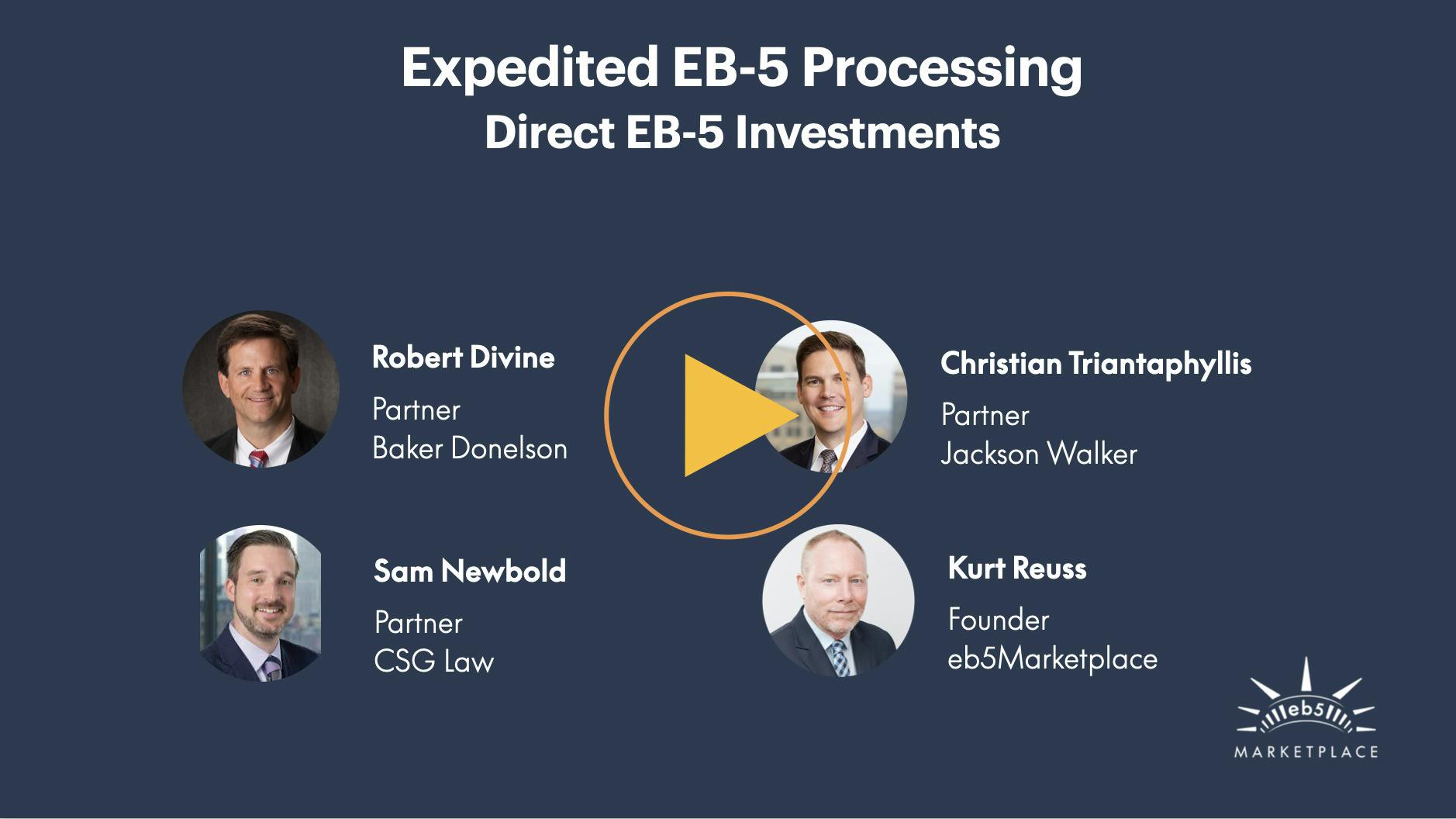Immigration law publisher ILW.com has published an article detailing the “great peril” many immigration lawyers unwittingly face when they help their clients select an EB-5 investment project. Though there are purely immigration issues lawyers can and should be commenting on, advising on securities-related issues — without a broker-dealer license — is a violation of FINRA and SEC regulations. Also, such a situation would not be covered by attorney malpractice insurance.ILW.com quotes an unnamed immigration lawyer website that offers advice on “how to choose the right EB-5 regional center.” The site asks 12 questions that it deems crucial to such a process. And it declares that “an experienced immigration attorney will be able to perform a proper evaluation of the EB-5 regional center you’re considering.”Here are the 12 questions from this site, and a concluding statement (in italics) that wrongly describes the role of an immigration lawyer’s role in the EB-5 investment-selection process:
- How many investors have already committed to the regional center project?
- What are the industries in the EB-5 regional center’s USCIS designation?
- How are jobs created?
- What risks are associated with the regional center project?
- What is the exit strategy from the regional center after receipt of a green card?
- What is the expected ROI?
- Will non-EB-5 funding be used in the regional center?
- Where does it originate from?
- What are the credentials of the principals?
- What is the screening process for prospective investors?
- What EB-5 experience do the regional center’s securities and immigration counsel have?
- Have the regional center principals ever been involved in bankruptcy or a lawsuit?
- What economic model is applied in order to forecast that the expected number of jobs will be created?
…an experienced immigration attorney will be able to perform a proper evaluation of the EB-5 regional center you’re considering.”The experts at ILW.com don’t hold back their critique of this practice: “Much of this is false and dangerous to the immigration attorney. Of the 12 points above, immigration attorneys are qualified to advise investors ONLY on 2 points.” These two issues are exclusively immigration related.ILW.com goes further with this explicit warning: “The remaining 10 points highlighted in red constitute financial advice under FINRA/SEC rules — which immigration attorneys do not have training for, are not legally allowed to advise on, and for which they will incur massive liability not covered by any malpractice insurance.”While the immigration law publisher acknowledges that most immigration lawyers are well intentioned when they counsel their clients on financial issues, they reiterate that without a FINRA/SEC license, such counsel is not legally allowed.Apparently, this practice of immigration lawyers counselling on financial issues goes on more than many in the industry realize.The immediate answer is for such law firms to take down any offending language on their websites, and to explicitly direct their attorneys to stop giving clients advice about about EB-5 investment projects unless such counsel is wholly immigration related.The next step would be for such EB-5 clients to seek out proper financial counsel of an accredited broker-dealer representative with experience in EB-5 investments.










